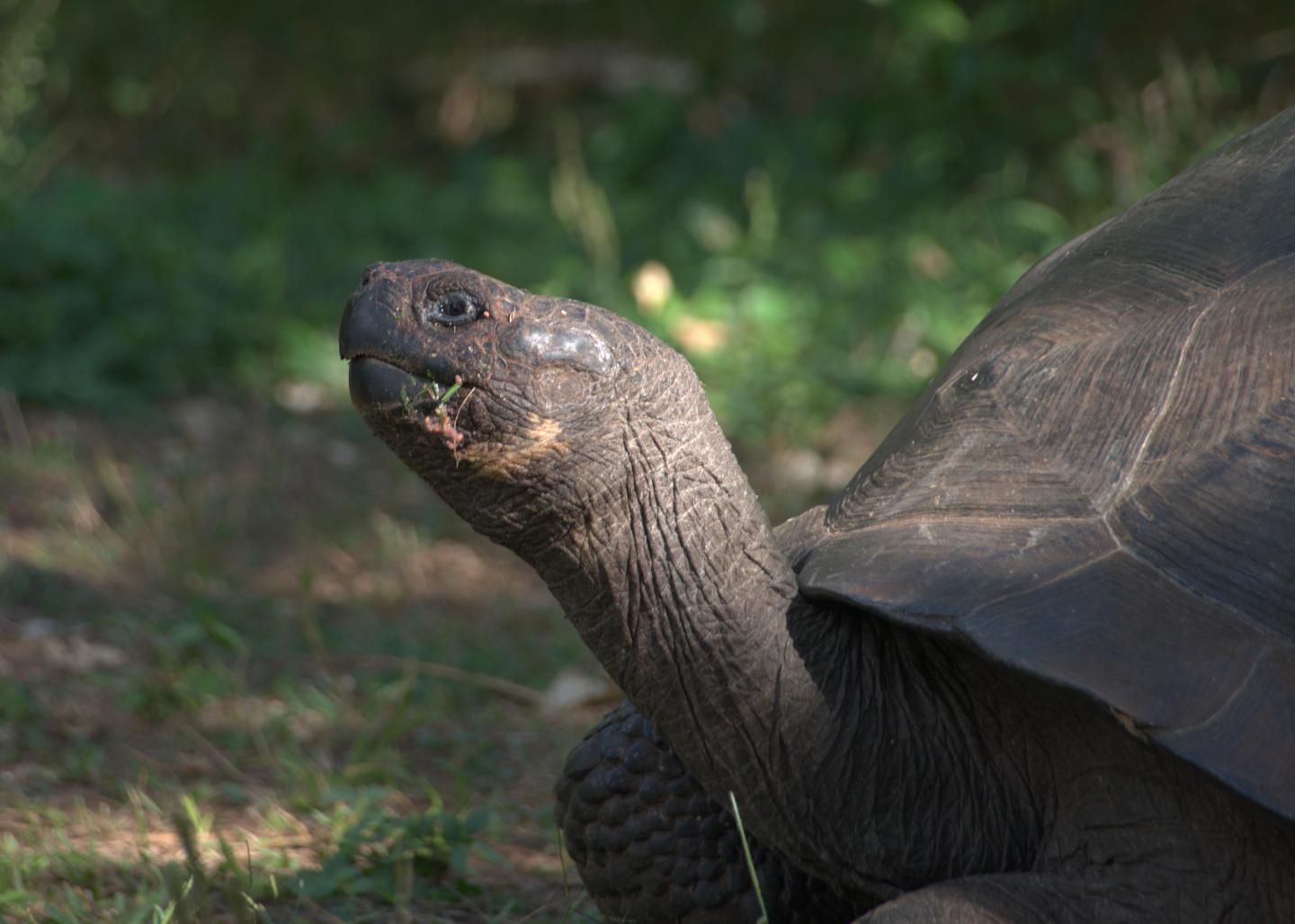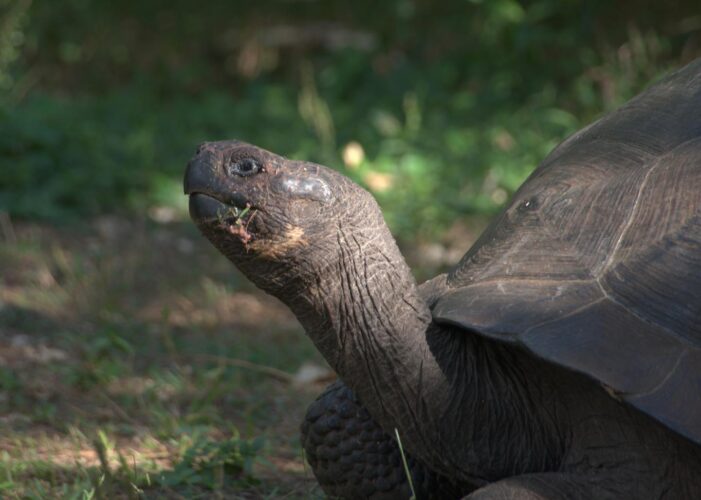The mystery of how the Galápagos Islands, a rocky, volcanic outcrop, with only modest rainfall and vegetation, is able to sustain its unique wildlife habitats has been resolved.
The Galápagos archipelago, rising from the eastern equatorial Pacific Ocean some 900 km off the South American mainland, is an iconic and globally significant biological hotspot. The islands are renowned for their unique wealth of endemic species, which inspired Charles Darwin’s theory of evolution and today underpins one of the largest UNESCO World Heritage Sites and Marine Reserves on Earth.
In this new research, published in Nature Scientific Reports, scientists from the University of Southampton, National Oceanography Centre and Universidad San Francisco de Quito in Ecuador used a realistic, high-resolution computer model to study the regional ocean circulation around the Galápagos Islands.

CREDIT
Alexander Forryan
This model showed that the intensity of upwelling around the Galápagos is driven by local northward winds, which generate vigorous turbulence at upper-ocean fronts to the west of the islands. These fronts are areas of sharp lateral contrasts in ocean temperature, similar in character to atmospheric fronts in weather maps, but much smaller. The turbulence drives upwelling of deep waters toward the ocean surface, thus providing the nutrients needed to sustain the Galápagos ecosystem.
Alex Forryan of the University of Southampton, who performed the research, said: “Our findings show that Galápagos upwelling is controlled by highly localised atmosphere-ocean interactions. There now needs to be a focus on these processes when monitoring how the islands’ ecosystem is changing, and in mitigating the ecosystem’s vulnerability to 21st -century climate change.”
Professor Alberto Naveira Garabato, also of the University of Southampton, who led the project supporting the research, said the new knowledge of where and how the injection of deep-ocean nutrients to the Galapagos ecosystem happens is helpful in expanding the Galápagos Marine Reserve.

